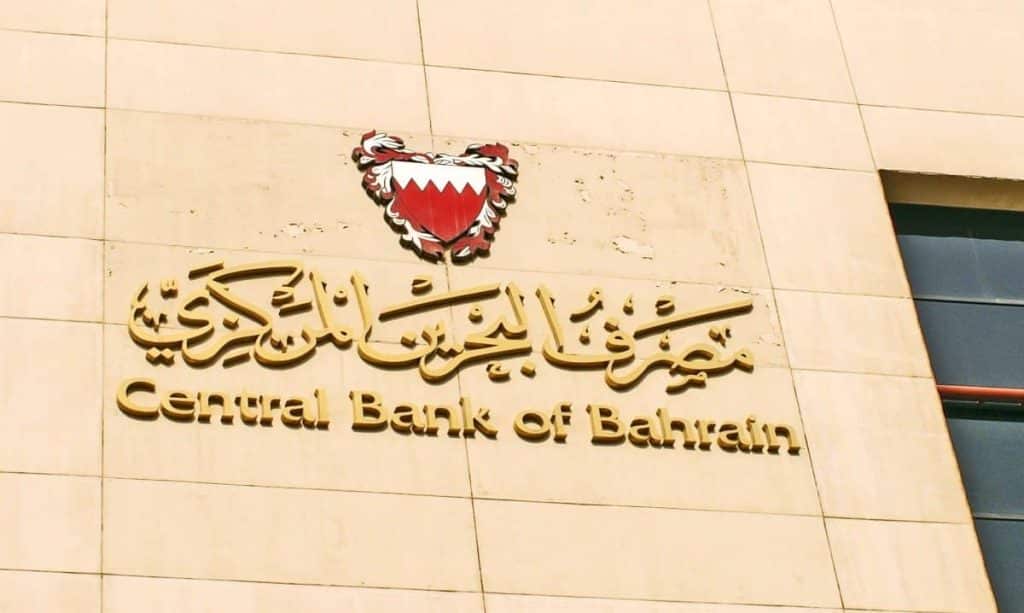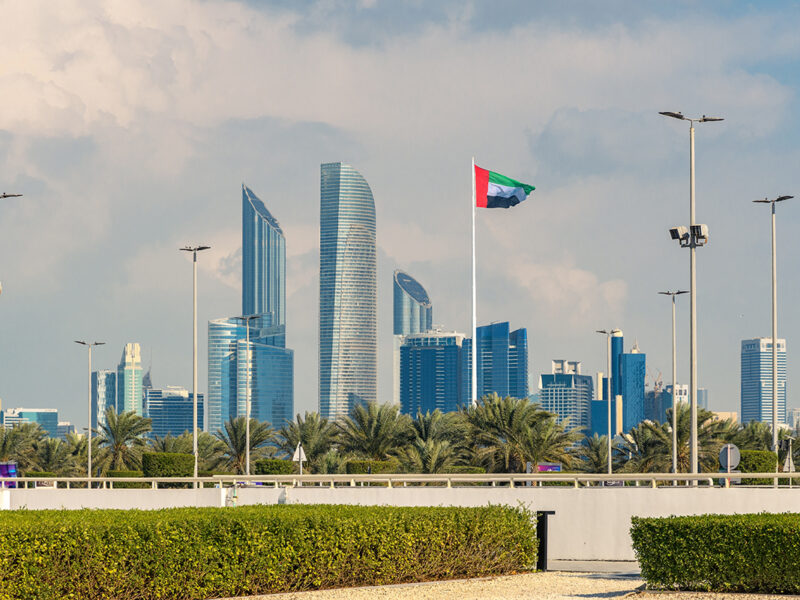Bahrain’s financial sector, contributes over 17.5 percent to the country’s GDP, surpassing the oil and gas sector. At the end of 2022, there was an 81 job surge in Bahraini women’s participation in the industry, bringing the total to 3,821. The management landscape saw a significant shift, with 34.2 percent of management positions now held by Bahraini women.
‘Companies that have diversity, actually end up doing better,’ said Yasmeen Al Sharaf, the Director of the Fintech and Innovation Unit at the Central Bank of Bahrain (CBB). In an exclusive interview with Arabian Business on the sidelines of the Fintech Forward 2023 in Bahrain, Al Sharaf shared insights into the importance of gender diversity in fintech and the thriving fintech landscape in Bahrain.
Empowering women in fintech
Al Sharaf emphasised the importance of gender diversity in the fintech sector. She asserts that the global shift towards adopting technology and digitisation necessitates equal opportunities for women.
“Bahrain is very liberal, we have women leaders across different sectors, female workforce is one of our largest assets in Bahrain,” Al Sharaf explained.
Studies have consistently shown that companies with diverse teams tend to perform better. In Bahrain, around 34 percent of senior managerial positions within the financial services sector are held by women, and there’s a significant interest among female students pursuing careers in fintech.
Al Sharaf highlights the immense potential of women in Bahrain’s workforce and aims to break the stereotype that technology sectors are male-dominated. She believes that technology is gender-neutral and should be accessible to everyone, regardless of their gender.
“Traditionally, tech-related sectors have been predominantly associated as men-dominated sectors, but I think it’s time that we break that kind of stereotype. At the end of the day, technology is there for the whole community,” she said.
Al Sharaf proudly mentioned that her fintech unit at the Central Bank of Bahrain is composed of three dedicated women, further emphasising the importance of gender diversity and equality in the sector.

Bahrain’s thriving fintech ecosystem
The kingdom’s financial landscape boasts a rich history of banking, celebrating over a century of financial services. Al Sharaf proudly states that Bahrain was the first regulator in the region to establish dedicated units for fintech and innovation. The creation of the first onshore regulatory sandbox has attracted fintechs from around the world, promoting collaboration between incumbents and startups.
“We’ve celebrated around 100 years of banking, and Bahrain, we have one of the most prominent and pioneering financial services sectors established in the region,” says Al Sharaf.
Key sectors of fintech that are currently thriving in Bahrain include digital payments, open banking, and alternative financing. The percentage of electronic payments in Bahrain has grown significantly.
Open banking, regulated by Bahrain, is seeing increased demand and offers opportunities for financial inclusion and customised products. Alternative financing, including crowdfunding platforms, is also gaining popularity, enabling SMEs to access funding more easily.
“Open banking poses a lot of opportunities for consumers, whether it’s financial inclusion, whether it’s enhancing financial literacy. So it really allows the banks as well as the incumbents to try to offer better customised products and services to consumers,” Al Sharaf says.
Importance of regulatory reform
Al Sharaf underscores the vital role of regulatory reform in sustainable digitisation. Bahrain’s single regulatory authority streamlines the process, providing flexibility to adapt to innovations in the financial sector. Regulatory sandboxes are integral in helping startups and incumbents test innovative solutions under controlled regulations, enabling interaction with real consumers and market dynamics.
“Without regulations, without the supportive regulatory framework, the financial services sector will not be able to adopt innovation or move along with innovation,” she says.
Regulators must strike a balance between encouraging innovation and ensuring consumer protection, financial stability, and data privacy. Collaborating with international regulators and seeking industry feedback are vital steps in developing regulations that support innovation while safeguarding the sector.
Challenges and the way forward
Al Sharaf acknowledges that challenges exist, including the need for traditional financial institutions to collaborate more effectively with fintechs. Overcoming these silos and fostering cooperation is key to progress. Additionally, there is always room for improvement in upskilling future generations to prepare them for the jobs of the future.
“I think the challenges, these wouldn’t really be limited to Bahrain, but in general, getting traditional and financial institutions to collaborate with fintechs,” she explains.
She strongly believes that traditional players should not be operating in silos to fintechs, “there needs to be a collaboration.”

Digital payments: Bahrain’s path to a cashless future
One of the thriving sectors in Bahrain’s fintech ecosystem is digital payments. The shift towards electronic payments has been remarkable. Statistics indicate a rapid increase in the adoption of digital payment methods. This trend reflects not only the convenience of digital payments but also the changing preferences of consumers in a world that is rapidly digitising.
“I would say there’s a lot of potential in digital payments in Bahrain. Statistics show that the percentage of electronic payments has surged,” Al Sharaf stated.
Alternative financing: A lifeline for SMEs
For small and medium-sized enterprises (SMEs), Bahrain’s fintech landscape offers a lifeline through alternative financing. Crowdfunding platforms have emerged as a crucial avenue for SMEs to access funding, “which has traditionally not been that easy to access through traditional financial means.”
A success story that emerged from Bahrain’s regulatory sandbox is a notable example. Graduating from the sandbox, Flooss, a fintech platform has garnered acclaim, earning recognition as one of the top apps by Apple. By connecting consumers directly with credit reference bureaus through APIs, this platform provides instant financing, making it a vital player in the alternative financing sector.
In a rapidly evolving fintech landscape, regulatory reform is imperative. Bahrain’s single regulatory authority provides a unique advantage in the form of agility. As innovations continue to emerge, the authority can efficiently adapt to regulatory changes, ensuring that fintech growth is not stifled.
“There’s always room for improvement in terms of investing in upskilling future generations to be ready for future jobs. I think that’s something that is very, very important,” Al Sharaf concluded.









